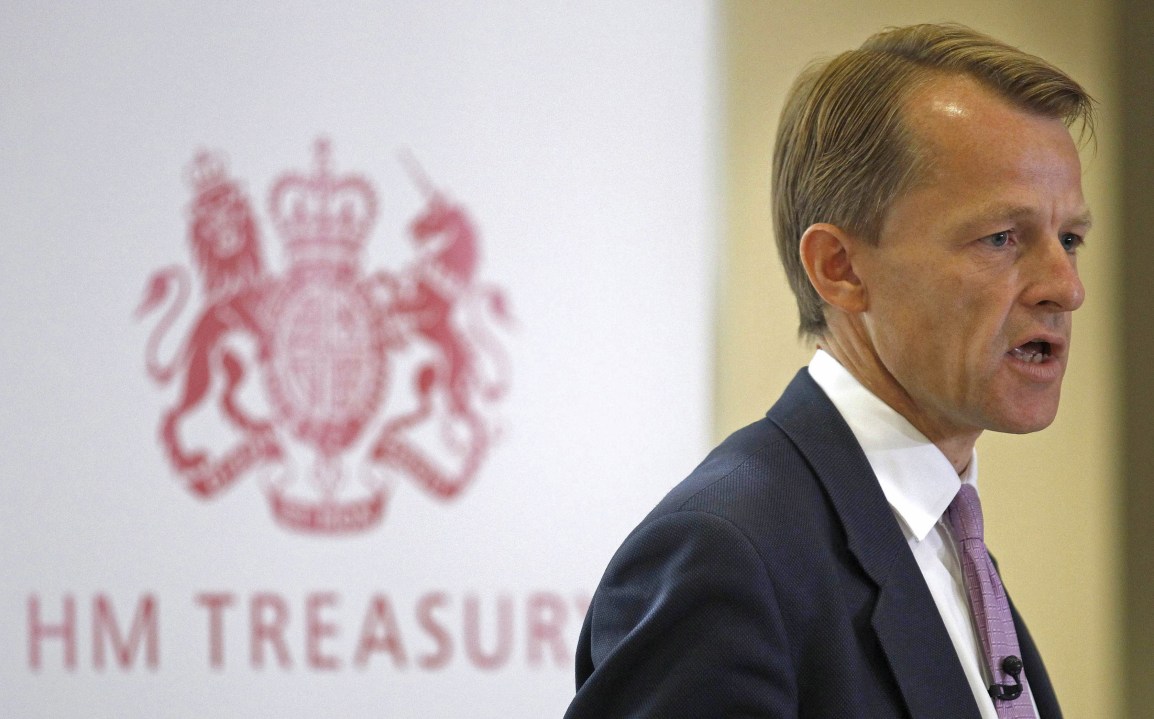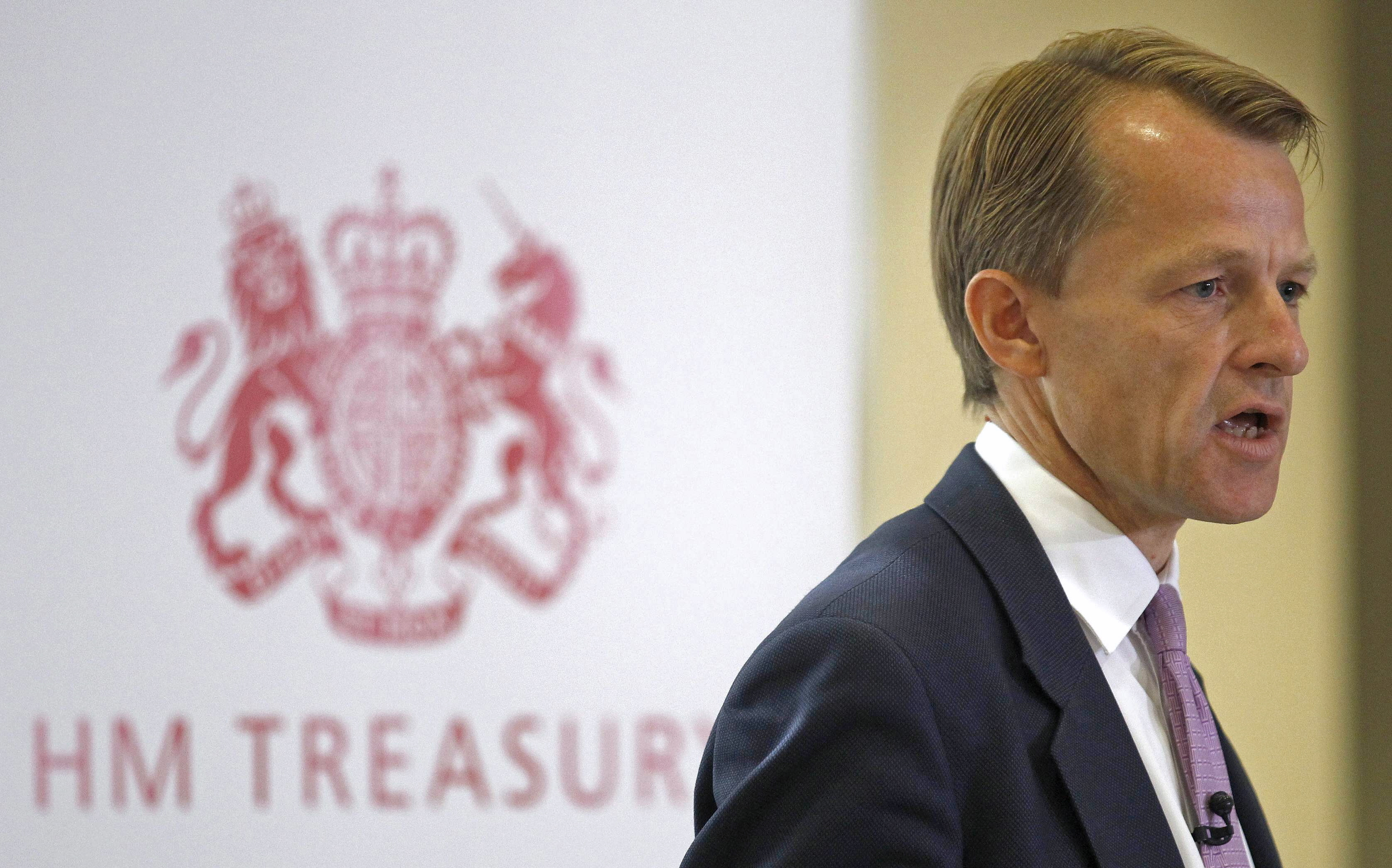 There’s an entire gaggle of noteworthy interviews in the papers this morning, but let’s
start with David Laws in the FT. It’s generally quite hard to draw substantive conclusions about the actual
interviewee in political interviews, but I’m sure you wouldn’t come away from this one thinking anything but that Laws is a good man to have in the Treasury right now. Here, anyway, are five
observations about what he actually said:
There’s an entire gaggle of noteworthy interviews in the papers this morning, but let’s
start with David Laws in the FT. It’s generally quite hard to draw substantive conclusions about the actual
interviewee in political interviews, but I’m sure you wouldn’t come away from this one thinking anything but that Laws is a good man to have in the Treasury right now. Here, anyway, are five
observations about what he actually said:
1. Sharing the blame. If people in Tory circles feel that there’s one major consolation to working with the Lib Dems, then it’s that they can share the blame over spending
cut. But, encouragingly, Laws sees this as something which will make a for a stronger coalition:
2. Cuts going “incredibly well”. Ok, so Laws was never going to say that finding the inital £6 billion of cuts is going terribly – but he does seem genuinely optimistic about the process. The Treasury is, apparently, “very close to agreeing all of the details,” and ministers are “rushing to sign up” to their own departmental numbers. I imagine that this process will have been lubricated by the civil service, who have been preparing for tougher cuts for months now. Their cooperation could prove crucial for Laws and Osborne should ministers ever start causing trouble over cuts in their department.“I think it would just be impossible for this coalition to work unless there was joint ownership of the deficit reduction process, unless we were both involved in taking the hard decisions about public spending. Otherwise you’d end up with one party who seem to be in charge of the Treasury and the other party, you know, throwing increasingly large numbers of stones from outside the building as all the tough decisions had to be made.”
3. A hands-off approach to cuts. Laws suggests that he wants to leave the process of finding cuts, as much as possible, to the individual departments. The Treasury will set spending limits, highlight a few areas where it believes savings could be made, and then leave the departments to it. This makes sense on a number of levels, not least because it shows trust in people who are actually closer to the situation. But it also suggests a general hands-off approach from the Treasury – which would be an encouraging contrast with the Brown years.
4. Who spends the money? An eyecatching procedural point: “I’ve contracted out the job of spending out to the deputy Prime Minister and the Prime Minister and Vince,
and I’m concentrating on saving the money before we spend it.”
5. Longer spending reviews. Laws is enthusiastic about about the idea of longer spending years, perhaps five years instead of the current three. This is good news. As the IFS
said last week, longer term spending plans could do a lot to “increase the credibility of deficit
reduction.”







Comments